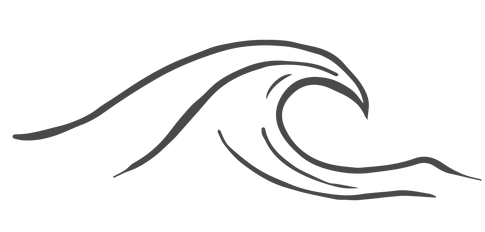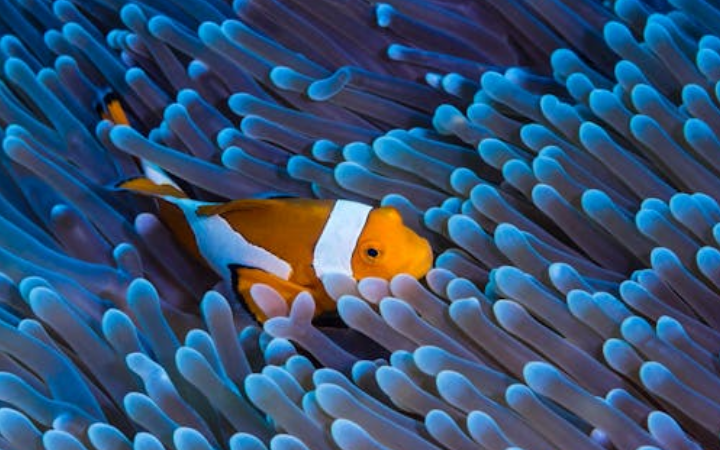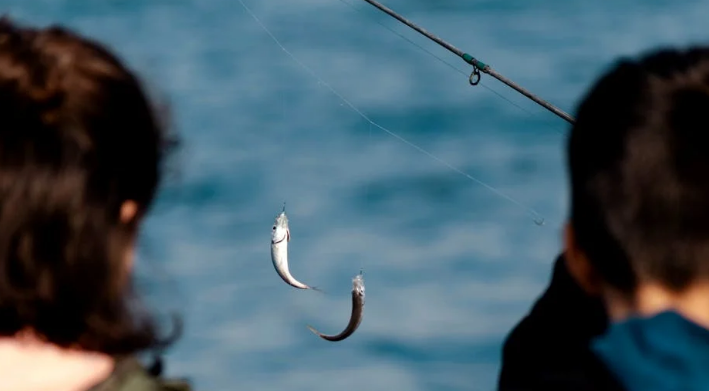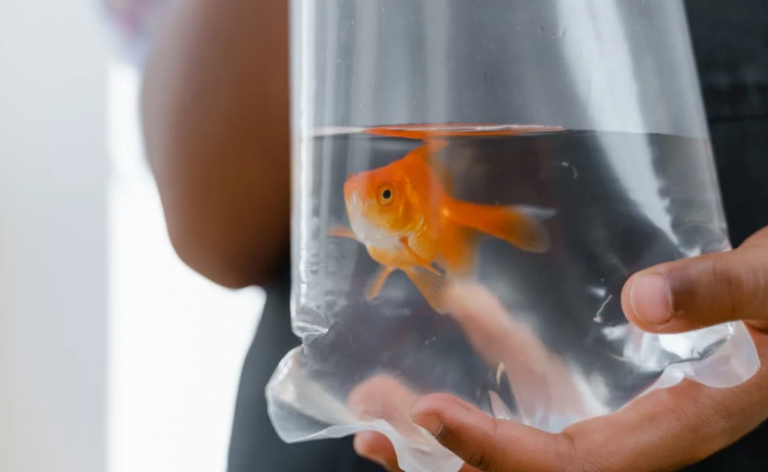Owning a betta fish is a rewarding experience, but it comes with the responsibility of providing proper care, which includes feeding them a diet suited to their specific needs. Betta fish, or Betta splendens, are carnivorous by nature, originating from the shallow waters of Southeast Asia, where they feed on insects and larvae. Goldfish, on the other hand, are omnivores, with dietary habits that lean heavily towards plant matter.
This difference in natural diet is critical to understanding whether betta fish can eat goldfish food. While it might seem convenient to feed bettas with whatever fish food is at hand, doing so without understanding the implications could lead to health problems for your finned friend.
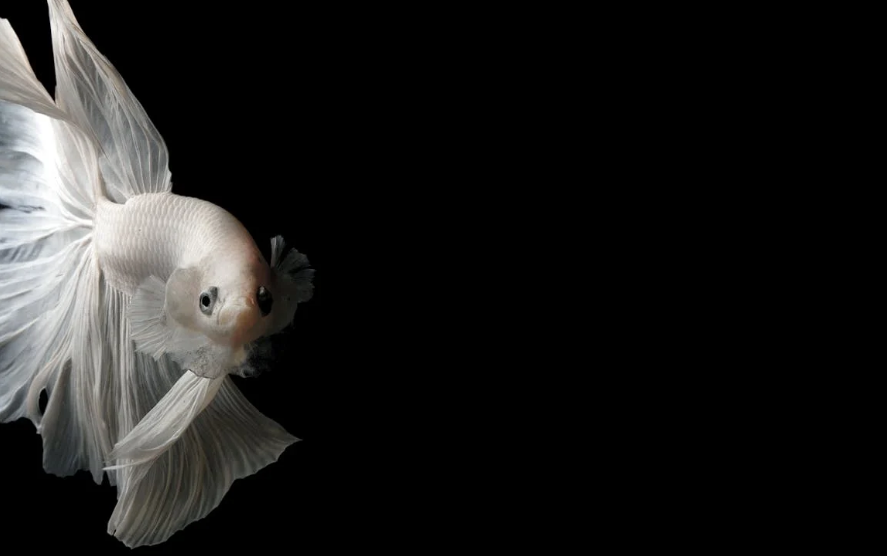
Understanding Betta Fish Nutrition
Natural Diet
In their natural habitat, bettas are opportunistic feeders. They thrive on a diet rich in protein, which primarily includes insects, insect larvae, and small crustaceans. This high-protein diet supports their active metabolism and contributes to their vibrant coloration and overall health.
Nutritional Requirements
- Protein: The primary component of a betta’s diet should be protein. Commercial betta foods typically contain 30-40% protein, derived from sources like fish meal, shrimp meal, and other animal products.
- Fats: Betta fish also require a certain amount of fat in their diet to provide energy and support cellular function. Good betta foods often contain 4-6% fat.
- Vitamins and Minerals: Essential vitamins (such as vitamins A, C, D, and E) and minerals (like calcium and phosphorus) are crucial for maintaining their immune system and overall vitality.
- Fiber: While fiber is not a major component of their diet, a small amount is necessary for proper digestion.
Composition of Goldfish Food
Goldfish, being omnivores, have different dietary needs compared to bettas. Their food is typically designed to support a more plant-based diet.
Typical Ingredients in Goldfish Food
- Vegetable Matter: Goldfish food often includes ingredients such as spirulina, wheat germ, and other plant-based proteins, which are easier for goldfish to digest.
- Lower Protein Content: Goldfish food usually contains lower protein levels (around 20-30%) compared to betta food, as goldfish can thrive on a diet with a significant amount of plant material.
- Higher Fiber Content: To aid in the digestion of their plant-based diet, goldfish food has higher fiber content.
- Varied Carbohydrates: Goldfish can process carbohydrates more efficiently than bettas, so their food often contains more grains and vegetable fillers.
Can Betta Fish Eat Goldfish Food?
Given the differences in their natural diets and nutritional needs, feeding betta fish goldfish food is not ideal and can be problematic for several reasons:
Inadequate Protein
Betta fish require a diet high in protein to support their energy levels and maintain their vibrant colors. Goldfish food, with its lower protein content, does not meet the betta’s protein requirements. Over time, a diet deficient in protein can lead to lethargy, weakened immunity, and dulling of colors in bettas.
Excessive Carbohydrates and Fiber
Bettas have a limited ability to process carbohydrates and fiber efficiently. Goldfish food, which contains more carbohydrates and fiber, can lead to digestive issues in bettas. This can manifest as bloating, constipation, or even swim bladder disease, which affects their buoyancy and ability to swim properly.
Nutritional Imbalances
Feeding bettas goldfish food can result in nutritional imbalances. Goldfish food is formulated to cater to the dietary needs of goldfish, including higher levels of certain nutrients that bettas do not require in such quantities. Over time, this can lead to deficiencies in essential nutrients or an overabundance of others, both of which can negatively impact a betta’s health.
Potential Short-Term Use
In an emergency, if goldfish food is the only option available, it can be used to feed bettas temporarily. However, it should only be a short-term solution. The occasional meal of goldfish food will not cause immediate harm, but it should not become a regular part of their diet.
Ideal Diet for Betta Fish
To keep your betta fish healthy and vibrant, it’s crucial to provide them with a diet that mirrors their natural eating habits.
Betta-Specific Foods
- Pellets: High-quality betta pellets are specifically formulated to meet their nutritional needs. Look for pellets that list a protein source as the first ingredient and have a protein content of around 30-40%.
- Frozen or Live Foods: Bettas thrive on frozen or live foods such as brine shrimp, daphnia, and bloodworms. These foods are not only nutritious but also stimulate their natural hunting instincts.
- Freeze-Dried Options: Freeze-dried foods like bloodworms and brine shrimp can also be good alternatives, though they should be rehydrated before feeding to prevent digestive issues.
- Variety: Providing a variety of foods ensures that bettas receive a well-rounded diet, covering all their nutritional needs.
Feeding Frequency
Bettas should be fed small amounts 1-2 times daily. Overfeeding can lead to obesity and water quality issues in their tank. Observing their behavior and adjusting portions accordingly helps maintain their health.
Tips for Betta Fish Care
- Tank Environment: A suitable tank environment is crucial. Bettas prefer warm water (78-80°F) and benefit from a well-maintained tank with clean water and a filtration system.
- Tank Mates: Bettas are territorial and often aggressive towards other fish, especially males. If you plan to keep other fish with a betta, choose peaceful species and ensure there is ample space.
- Observation: Regularly observe your betta for signs of stress or illness. Changes in behavior, color, or appetite can indicate health issues.
- Water Quality: Maintain good water quality by performing regular water changes and monitoring parameters like pH, ammonia, nitrite, and nitrate levels.
Conclusion
While betta fish can technically eat goldfish food in a pinch, it is not recommended as a long-term dietary solution. The nutritional content of goldfish food does not align with the dietary needs of bettas, potentially leading to health issues if fed over an extended period. To ensure your betta fish thrives, provide a diet rich in protein and tailored to their carnivorous nature. By understanding and catering to their specific nutritional needs, you can enjoy the company of a healthy, vibrant betta fish for years to come.
Caring for a betta fish goes beyond providing a beautiful tank and clean water. Their diet plays a pivotal role in their overall health and well-being. By choosing the right food and understanding their unique dietary requirements, you can ensure that your betta lives a long, healthy, and colorful life.
